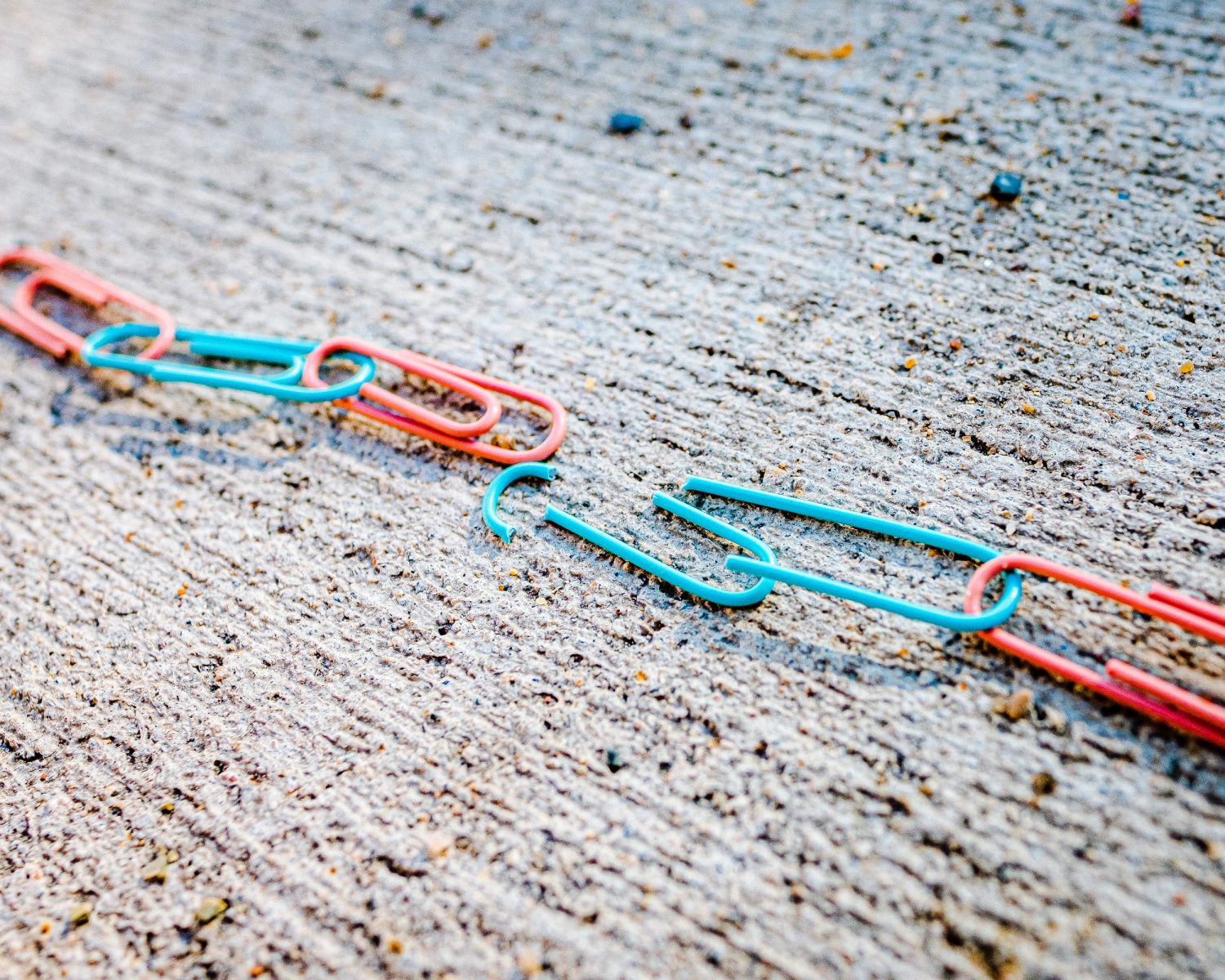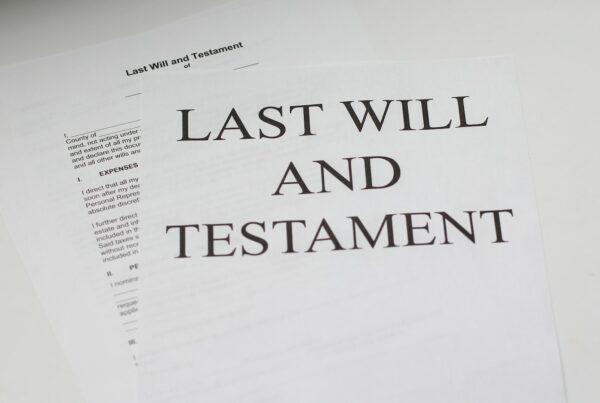Whether going through a divorce or family law case, these types of cases often create difficult and trying times for the parties involved. Divorce and family cases can be emotionally and financially tolling on the parties. Among other difficult decisions, the parties are often faced with issues such as the division of property and financial responsibility.
These types of cases can be even more trying on the parties when children are involved. When the parties have children, the court must determine the responsibilities of each parent when it comes to the financial support of their children. Regardless of whether the parents are married, divorced, separated, or were never married, the court will generally enter an order clearly defining the financial obligations of the parties with respect to the support and care of the children. A parent’s failure to comply with court ordered support payments can result in serious consequences.
A parent that fails to make court ordered support payments may be found in contempt of court. If a judge finds that a parent has willfully failed to meet his or her support obligations while that parent had the ability to pay, the judge may hold that parent in contempt of court. As a result, the judge may require that parent to pay the outstanding balance of child support within a certain amount of time, require that the non-paying parent pay interest accrued on the outstanding balance of unpaid child support, and pay for the attorney fees of the other parent that sought court action in order to enforce the court’s child support order.
In addition to being held in contempt of court, there are several other potential consequences that a non-paying parent may face as a result of their failure to provide child support. For example, if the party that is supposed to pay support is deemed to be delinquent, the other parent can file a petition requesting that any unpaid delinquent amounts and future payments be directly garnished or deducted from the non-paying party’s paycheck. A non-paying parent may also risk having their bank accounts frozen and garnished as a means to collect unpaid child support. Other means of collecting unpaid child support include intercepting the non-paying party’s tax returns and having liens placed on their property.
Parents who are court ordered to pay child support and fail to do so, may also face a suspension of any professional licensing that they hold. If a parent who is required to pay child support holds a professional license as a requirement of their particular profession or employment, that parent may potentially lose their professional license as a result of their failure to make required support payments. The loss of a professional license may occur as quickly as 30 days after becoming delinquent on court ordered support obligations. The loss of a professional license could potentially result in not only a suspension or revocation of said license, but termination of employment as well.
Aside from loss of professional licenses, another potential consequence for willful non-payment of child support is the loss of driving privileges. The state of Illinois treats an individual’s driver’s license as a privilege and not a right. Thus, the Secretary of State of Illinois has the authority to suspend or revoke an individual’s driver’s license not only for traffic offenses, but for failure to comply with court ordered child support. Loss of driving privileges not only result in hardship but can ultimately result in termination of employment or loss of potential employment opportunities when an individual has limited means of transportation to and from work.
Similar to driver’s licenses, the state of Illinois views both hunting licenses and fishing licenses as a privilege and not a right. A parent who has failed to meet court ordered obligations of support payments may face a denial of application for both hunting and fishing license privileges. While hunting and fishing licenses are fairly inexpensive to obtain, the state of Illinois takes the position that if a parent is court ordered to pay child support and refuses to do so, then that parent should not enjoy the privilege of obtaining a license for recreational activities such as hunting and fishing.
Further, and of most concern, failure to pay child support may potentially result in criminal charges against the non-paying party. Failure to pay court ordered child support may result in a conviction of a Class A Misdemeanor in Illinois which is punishable by up to one year in jail as well as substantial fines. Subsequent convictions for non-payment of child support may result in a felony conviction as well as a prison sentence in the Illinois Department of Corrections.
A parent’s obligation to pay child support is taken very seriously in the State of Illinois. Failure to meet that obligation can result in a variety of consequences including fines, loss of professional and other recreational licenses, and potential incarceration.
If you have any questions regarding your court ordered obligation to pay child support or your rights to receive financial support from the other parent, please contact the Law Office of Allison & Mosby-Scott at (309) 662-5084.
Matt Butler
Attorney at Law






